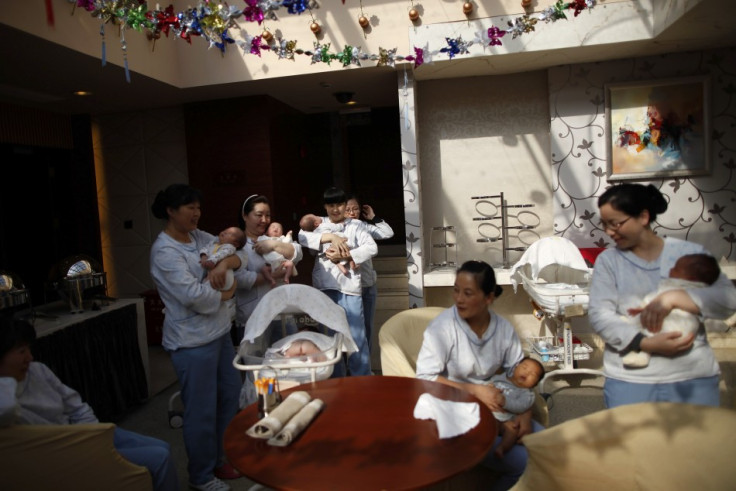Natural Way of Gender Selection: Hungry Mothers Give Birth to Duaghters - Study

Starving mothers are more likely to give birth to daughters, according to an analysis based on the famine history of China in 1960s published in the Proceedings of the Royal Society B.
The analysis, done by a sociologist and demographer Shige Song from the City University of New York, suggested that the chances of bearing daughters are more when there is less food supply.
The study supports the adaptive sex ratio adjustment hypothesis that mothers in good condition are more likely to give birth to sons, whereas mothers in poor condition are more likely to give birth to daughters.
Song studied 300,000 Chinese women who gave birth between September 1929 and July 1982 which included the period of Great Leap Forward famine.
China went through widespread famine from 1958 to 1961 contributed by drought, environmental conditions and the policies of the Communist Party of China. There were nearly 43 million deaths reported during the period, according to unofficial records.
Song's study revealed a sharp dip in the number of boys born in proportion to the number of girls during the period.
There were 109 boys born for every 100 girls in April 1960s. The figures fell to 104 boys for every 100 girls by October 1963, nearly two years after the famine ended. Song found out that the figures did not rebound to pre-famine levels until July 1965.
The findings of Song support the hypothesis that the species change the sex of their offspring in response to environmental conditions.
Song believes that the data on the Chinese famine gave a more accurate result than previous famine studies.
Song based his study on the population fertility survey conducted by the Chinese State Family Planning Commission in 1982.
© Copyright IBTimes 2025. All rights reserved.





















